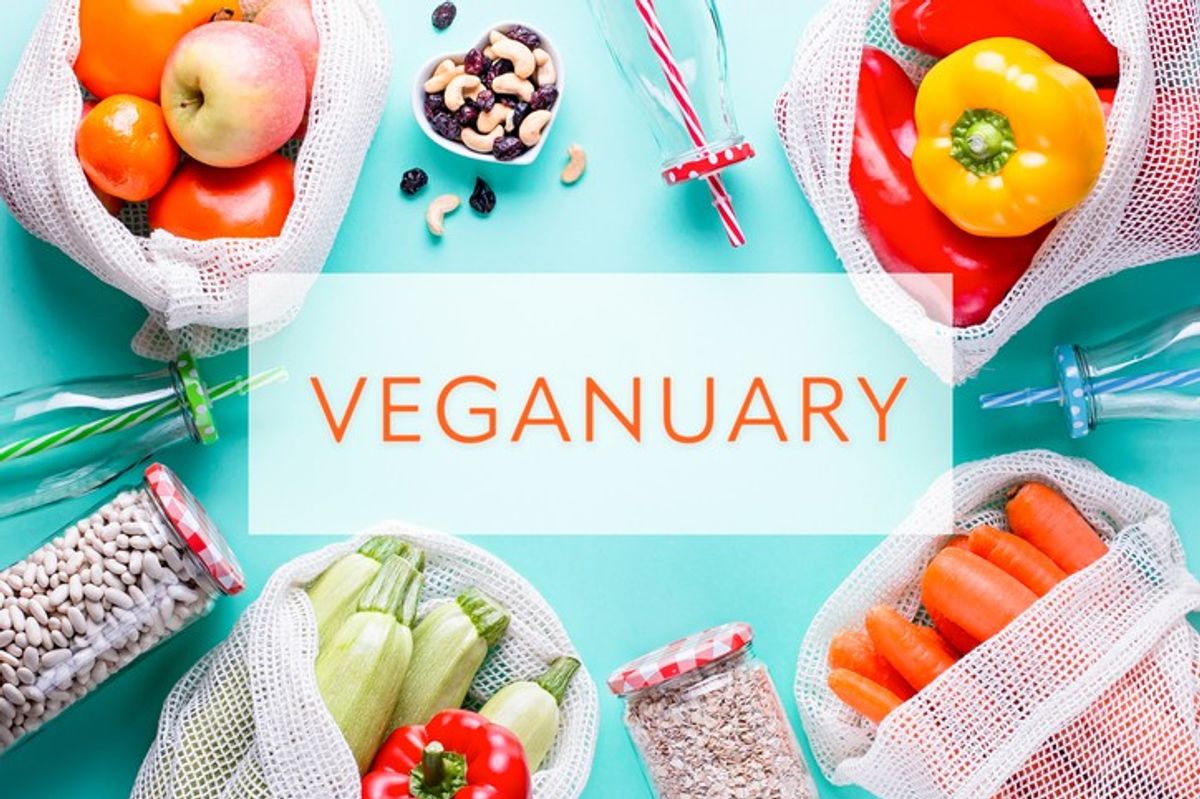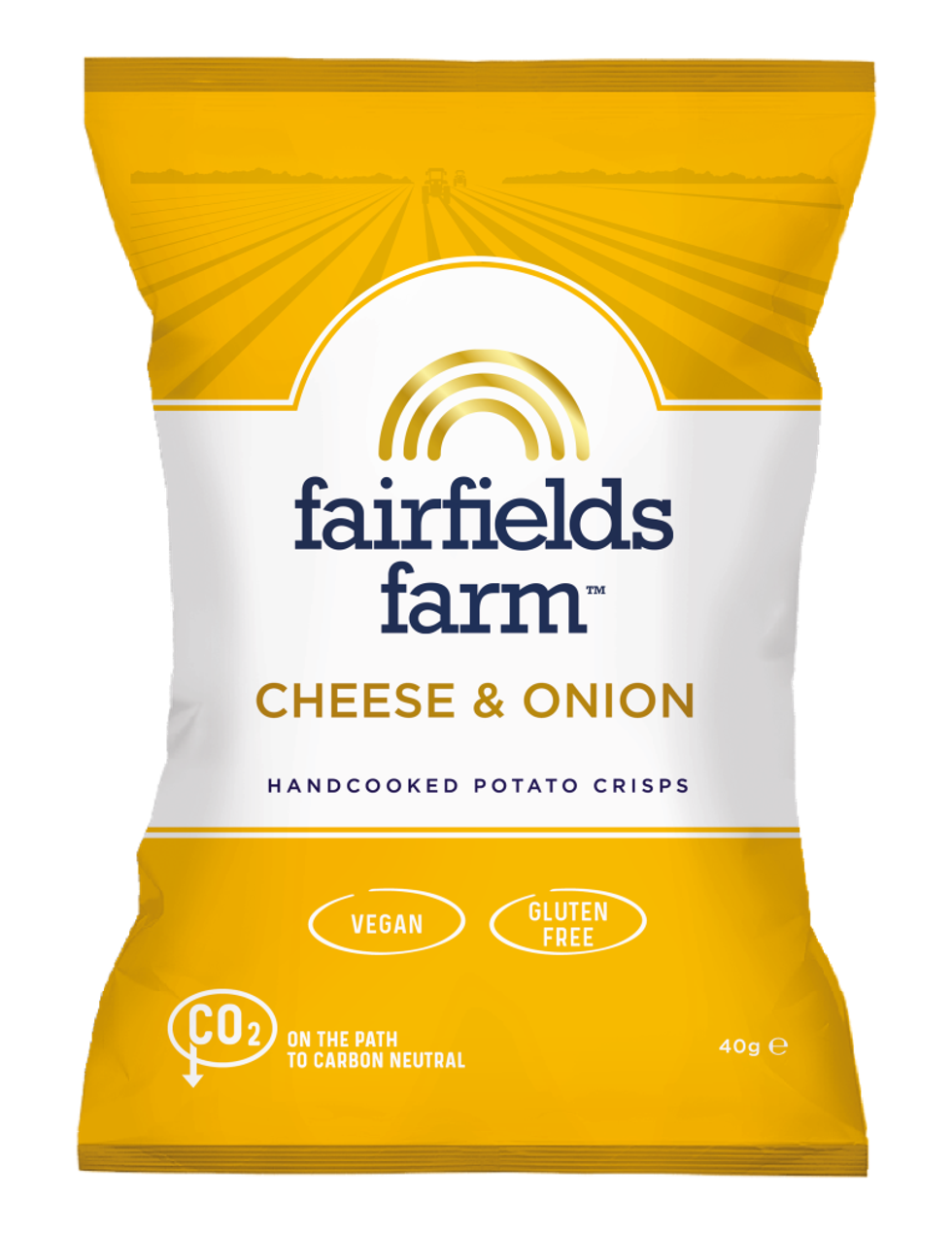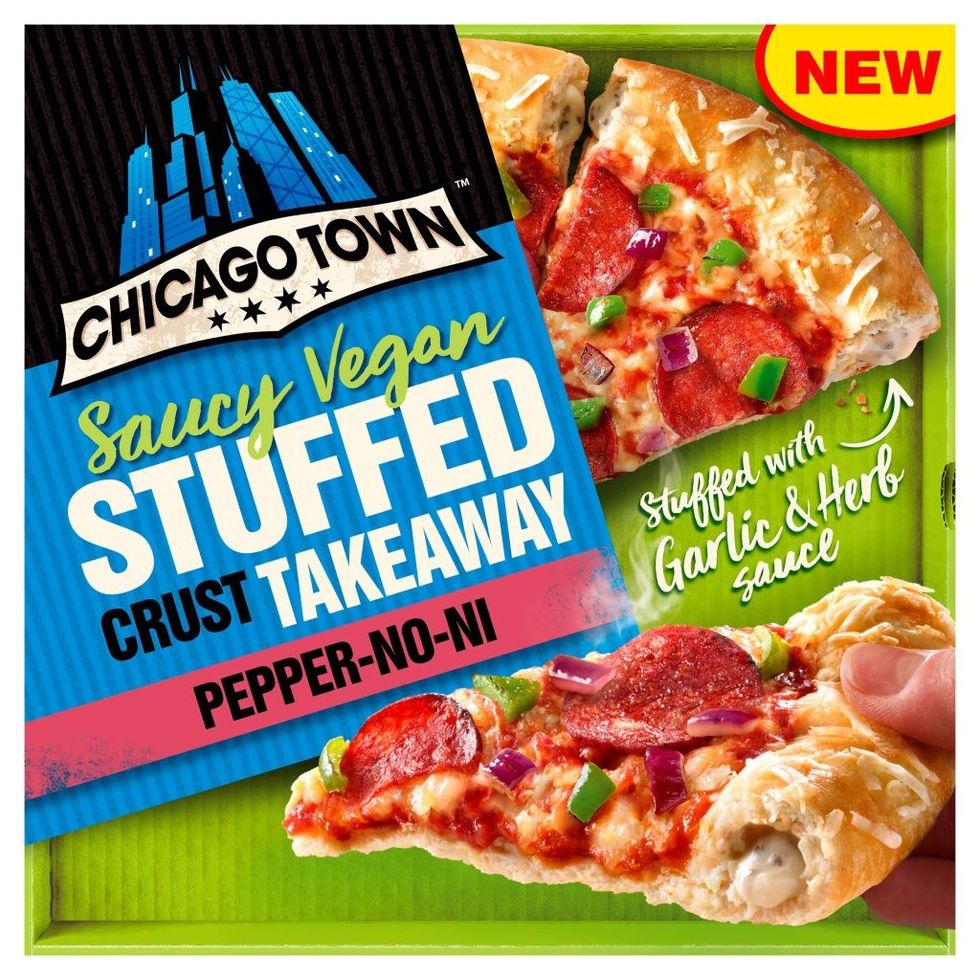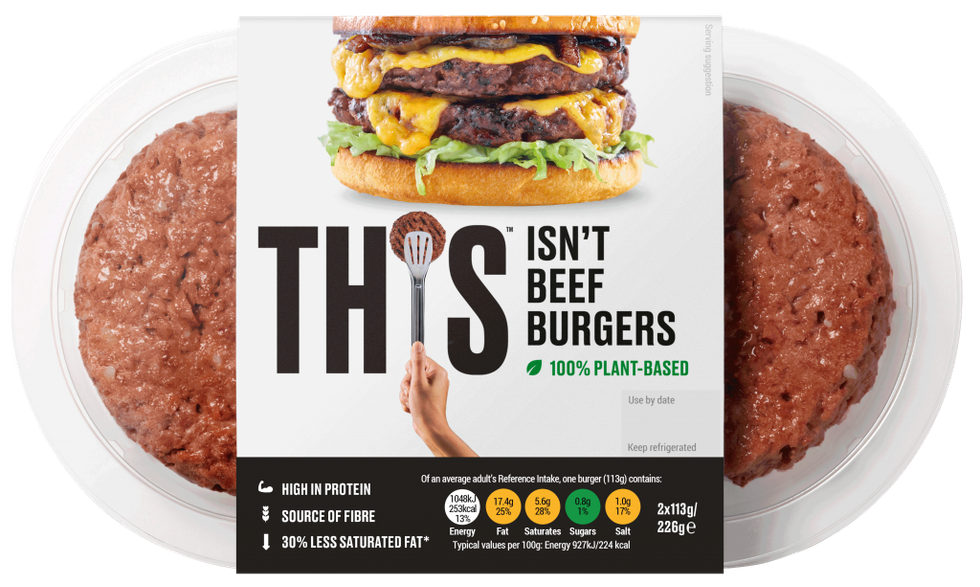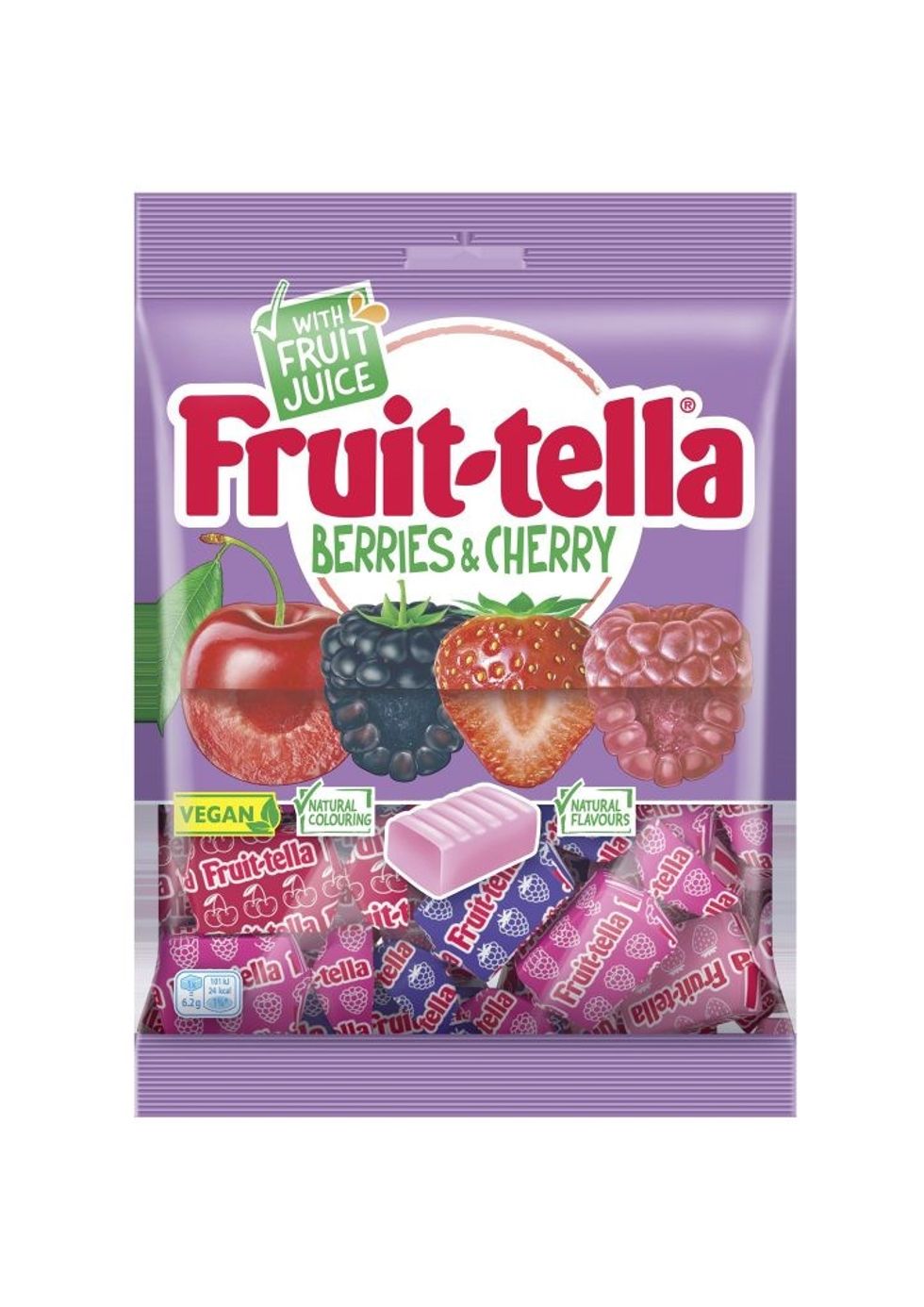It’s January, which also means it’s Veganuary!
With an increasingly growing number of Brits participating in this month-long celebration of veganism each year, Veganuary is now a very much an established and popular yearly event.
More than 706,965 people signed up to the challenge to try a vegan diet for the month of January in 2023 and numbers are expected to cross this benchmark this year. With Veganuary 2024 proclaimed to be the biggest one yet, it’s essential for retailers to stock up on a range of best-selling and well-known brands to entice customers.
The campaign, which invites people to try a vegan diet during January, was first launched from a York kitchen table in 2014 by Jane Land and Matthew Glover. The number of people signing up for this has been growing ever since. According to a YouGov poll, 9 per cent of GB adults have participated in Veganuary since the first pledge in January 2014.
Popularity of this campaign can be ascertained by the fact that people from every country in the world have taken part in Veganuary only except for Vatican City and North Korea.
Interestingly, it's not just about a month. Habits formed in this campaign are proven to last long with many making permanent changes in their lifestyle. Over 50 per cent of Veganuary participants planned to maintain their new diet in some capacity after the challenge was over, substituting vegetarian or vegan products into their daily lifestyle.
In fact, the flexitarian lifestyle has become one of the most common dietary paths now. In 2023, more and more Brits are following a meat-free diet by choosing to become vegetarian, pescatarian or vegan.
According to Finder, there were 3.4 million vegetarians in the UK in 2023. The latest figures show there are also 1.4 million vegans in the UK. Overall, there are around 14 per cent of adults in the UK (7.2 million) following a meat-free diet.

There is a clear age divide when it comes to views on eating meat. Studies show that millennials are currently the most meat-free generation. Almost one in four (18 per cent) of millennials currently go without meat by following a pescatarian, vegetarian or vegan diet. Gen Z are not far behind, with 16 per cent of this generation currently following a meat-free diet. However, those in this age group are the most optimistic when it comes to cutting meat out of their diet with, with 43 per cent of gen Z’s intending to do so.
London is leading the trend with almost half of Greater London (46 per cent) expected to be following a flexible diet. With one in four Londoners currently following either a vegetarian, pescatarian or vegan diet, London is already the most meat-free region in the UK.
Following London is the West Midlands, East Midlands, Yorkshire and the Humber, East of England, Northwest and Wales. On the other end of the intention spectrum is the Northeast, where just 9 per cent of the population is interested in adopting a meat-free lifestyle.
Munching and Meals
In this month or otherwise too, having an aisle or a section dedicated to healthy and vegan snacks can be a store’s highlight and can go a long way in attracting both curious as well as loyal customers.
Fairfields Farm Crisps, particularly their vegan Cheese and Onion flavour, is a great bet here. With an increase in vegan and dairy-reducing diets, some shoppers have been left missing the days they could indulge in their favourite flavour and this offering comes as a perfect solution.
Since reformulating as vegan-friendly, Fairfields Farm Crisps’ Cheese & Onion skin-on potato crisps has seen a significant boost in sales, increasing by 89.3 per cent, almost doubling year on year.
Fairfields Farm Crisps’ growth is expected to speed up even more in convenience channels with the introduction of the brand’s new A.F. Blakemore & Son’s direct-to-store initiative, which will allow the brand to sell to Spar franchise stores and Harvest forecourts using A.F. Blakemore & Son's central invoicing system.
Apart from snacking, it is important that the store has a fairly good collection of vegan and plant-based meals to cater to the ever-growing demand for vegan products.
Richard Cooper, Senior Brand Manager at Chicago Town, Dr. Oetker Professional, also feels that over the last year, there has been an increase in demand for free-from, plant-based meat alternatives, vegetarian and vegan products and healthy eating has been a major driver of change in legislation and consumer behaviour.
“44 per cent of UK adults is very health conscious, up +3ppts year-on-year, which includes embarking on various types of diets. As a result, healthy eating is a contributing factor towards consumers opting for more sustainable solutions, as 46 per cent of Brits admit that this plays a role in their food choice decision making”, Cooper said.
He further added that from 2022, the trends of free-from, vegetarian and veganism are showing no signs of slowing, with almost half (48 per cent) of new products being vegan in 2022. On the other hand, many consumers have been experimenting with ‘flexitarian’ lifestyles, and this accounts for one-third of the market.
Dr. Oetker has seen a growth in sales for its Pizza Perfettissima vegan options, Cooper told Asian Trader, adding that the maker has also just launched the Chicago Town Vegan Pepper-no-ni into the market, which is performing extremely well.
Dr Oetker Professional has seen its vegan pizza share increase by 2ppts within its full pizza range vs last year. Dr. Oetker Professional’s Pizza Perfettissima has also launched several vegetarian and vegan options such as the Puro Base, which is a vegan and halal base only, no sauce and therefore it can be used for starters such as garlic bread, bruschetta, a main pizza with any desired toppings, or dessert pizzas too, for example an apple pie pizza.
Popular Chicago Town products to consider in this aisle are Chicago Town Loaded Cheese (RRP £2.50 per quarter slice), Chicago Town BBQ Jackfruit (RRP £2.50 per quarter slice), Chicago Town Vegan Stuffed Crust Pepper-no-ni, Pomodoro (£10.99 RRP per pizza) and Puro Base (£10.99 RRP per pizza).
Apart from stocking vegan and vegetarian snacks and meals, having an equally wide and rich food to go section can add a cherry on this cake. Whilst sandwiches are still considered a traditional go-to for lunchtime snacks, more innovations in this sector are emerging.
In order for retailers to maximise sales, it is important to have a wide, well-stocked range of food to go on offer for key times of the day and also offering options for different dietary needs and missions.
Chicago Town’s Pizza To Go offers both vegetarian and vegan options and, as a brand, is proud to be able to tap into the mindset of ‘just like the real thing’ products, stated Cooper, adding that Chicago Town Pizza To Go has seen rise in sales of its vegetarian and vegan offering.
A particular store could add an additional SKU, add pizza to their meal deals or food delivery options to boost their revenue. All these things Dr Oetker Professional support with PoS and activation assets, including but not limited to posters, window stickers, A boards, feather flags as well as digital assets for screens in store.
A Veganuary round-up wouldn’t be complete without mentioning VFC – the vegan fried chicken company founded by Veganuary’s own Matthew Glover.
With activism at its heart, VFC is a brand on a mission to save as many chickens as possible and change people’s perception of vegan food. Last year, VFC launched a new Spicy range that includes fillets, tenders and popcorn – perfect for wraps, tacos and burgers or just to dip and eat on their own.
VFC is continuing its trail-blazing NPD drive with a range of fakeaway ready meals- market-first Chick*n Sausages and a new chilled Chick*n Mince SKU.
New VFC One Bag frozen ready meals are single serve and can be pan-fried from freezer to bowl in eight minutes, offering the ultimate convenience to time-poor shoppers. The range, which is made with pea-protein, includes Chick*n Fried Rice and Chick*n Curry, and has been developed to offer all the flavour of the nation’s takeaway favourites in a healthier, convenient, meat-free format.
Following years of requests, Heinz also finally released vegan versions of two of its most popular soups- Creamy Tomato and Beanz & Vegan sausages.
Not to forget THIS, the brand offering hyper realistic alternatives to chicken, and bacon meat-alternatives made using peas and soya beans.
Following two years of research and development, partnering with world-leading texture and flavour scientists, THIS certainly has a huge fan following for its unique products that perfectly mimic meat in taste, texture, appearance and smell. THIS isn’t chicken and THIS isn't bacon have been bestsellers as well as talked-about brands.
This year, THIS has teamed up with BrewDog for a limited edition Veganuary menu item – Europe’s first skin on vegan chicken wings. The skin on wings promise an unparalleled sensory experience, following a two year development and three patent-pending technologies. THIS Isn’t Chicken Wings feature a seaweed-based crispy skin that mimics the texture and taste of traditional chicken wings.
Other product lines to consider stocking are products from Beyond Meat, Heura, Meatless Farm, Bird’s Eye, Vivera and VBites.
Sweet and milky
Veganism and Veganuary requirements are often linked to snacks and meals section though confectionery is another aisle where retailers can tap this trend to offer something extra.
The plant-based category is growing at an exponential rate, creating demand for confectionery products that taste and feel like traditional confectionery. In fact, confectionery giant Swizzels has been urging retailers to stock up on its vegan range as it continues to grow in popularity.
Swizzels has seen a surge in sales of its vegan range post-Covid, with a 19 per cent increase in its vegan Variety Range, including popular Curious Chews, Luscious Lollies, and Scrumptious Sweets.
The company has also seen a 28 per cent increase in its vegan Countlines, including Drumstick Choos, Love Hearts and Refreshers Choos, as well as an 18 per cent increase in its Originals bag range, including Double Lollies, Mini Love Hearts rolls and Parma Violets packs.
In its fourth year running a campaign in support of Veganuary, Swizzels has made what started as a Veganuary-only movement a year-round trend with the key focus message- ‘All These, All year, All Vegan’, to promote the extensive range of vegan sugar confectionery.

Swizzels’ vegan range is a popular addition to any retailer’s sugar confectionery selection. As the leading supplier of Variety bags, including Curious Chews, Scrumptious Sweets and Luscious Lollies, retailers should not miss out on the opportunity to supply the whole range.
Other vegan fan favourites from the range include Love Hearts, Parma Violets, Minions Tropical Chew bars, Refreshers Choos, Drumstick Choos, and more.
Clare Newton, trade marketing manager at Swizzels, said, “Vegan sugar confectionery is becoming increasingly popular as vegan options move beyond the established categories of meat and dairy alternatives.
“We’ve found that innovation within the vegan sugar confectionery category is a strong driver to entice consumers to try out vegan products and keep them coming back for more. Plant-based sugar confectionery is in high demand and vegan alternatives have never been more important. Social media movements have helped fuel the interest in vegan lifestyles with the growth of food-related accounts and influencers.
“We want our customers to feel confident that they can still enjoy their favourite confectionery products all year round, not just during Veganuary.”
Furthermore, Fruit-tella’s best-selling chews are also transitioning to a fully vegan recipe.
The switch to vegan is being implemented across the full range of chews including the Fruit-tella favourite Strawberry Mix Chews, the moreish Fruit-tella Duo Stix, and the more recent edition of Fruit-tella Berries & Cherries.
The delectable chews will still contain real fruit juice and be made with all-natural colourings and flavours. All Fruit-tella sharing bag sweets are individually wrapped, and as such they are a treat that promotes hygiene and portion control. This makes them the perfect portable snack for families.
Free-from and vegan chocolate brand Moo Free is also a great option to stock in stores. The latest NPD to join Moo Free’s festive line-up is the Christmas Cracker Selection Box (£3.45 RRP) and Oscar the Bear (marbled) (£3.95 RRP). With over a decade of experience, Moo Free’s entire range is dairy, gluten and soya free, whilst also being suitable for vegans. Each product is made using its free from chocolate, sourced from ethical cocoa from Rainforest Alliance certified farmers. As with all Moo Free products, the range doesn’t use any single-use plastic and the packaging can be fully recycled.
Another interesting name to consider here is Protein Ball Co- the West Sussex snacking company famous for its vegan snacking options. Launched by a couple back in 2015 who didn't want healthy snacks to have to be compromised on taste or texture, The Protein Ball Co has launched two new flavours just in time for Veganuary- Choc Chip Muffin and Salted Caramel protein + vitamin balls.
Krispy Kreme is also here to celebrate Veganuary with their brand-new limited edition vegan doughnut Cookie Indulgence range. Revamping their fan-favourite Cookies & Kreme doughnut, Krispy Kreme has launched a vegan version of their delicious Kreme frosting, so plant-based fans don’t need to miss out on the crunchiest doughnut.
For those looking for more variety of vegan-friendly confectionery, Hancocks is the one-stop solution as Bradford-based confectionery wholesaler offers more than 200 vegan, vegetarian and Halal lines filling 50-foot-long aisle with tasty treats on each side to cater to the specific dietary requirements.
The launch of the new vegan and halal line seems to be gaining popularity with sales having increased by 40 per cent since it launched. Top-selling lines include Vegan Assorted Fizzy Mix, Vegan Jully Blue Babies, Vegan Blue Raspberry Bonbons and Ooze Tubes.

Plant-based milk in another section wherein a store can create its own niche and clientele.
Plant-based milk and meat alternatives are seeing a meteoric rise in popularity, particularly in the UK, considered the European stronghold for alternative milks. With non-dairy options accounting for 16 per cent of beverage sales at Starbucks in 2023, the shift towards these alternatives seems unstoppable.
Vegan brand The Coconut Collab, best known for their yoghurts, have recently launched their first plant-based milk. Called M!LK, the barista-style milk appears exactly like its mainstream dairy counterpart, and describes itself as 'surprisingly un-coconutty-tasting!'
Galaxy’s vegan instant hot chocolate is another great option if enthusiasts are looking for a comforting drink to keep themselves warm and cozy.
Wrap
It is the time of the year when convenience stores should ramp themselves to cater to the needs of both Veganuary first-timers and seasoned vegans alike.
The rise of veganism in the UK is continuing its upwards trajectory, seeing a 40 per cent increase over the last 12 months. In addition to this, it's predicted that by 2025, a staggering one quarter of the UK is going to be vegan.
While the inclination is increasing, yearly events like Veganuary works as a booster, pacing up the sales of plant-based products as this is the time when people are highly motivated to go meat free. Even those who have not signed up are still curious and somewhat inclined to try vegan products.

As ever, supermarket giants are leaning into Veganuary with a huge focus on vegan food items – but this time, they are spotlighting their own ranges, following a year where private-label products ruled the roost thanks to the cost-of-living crisis.
Local stores can have their own niche addition too by taking some small steps like giving space to startup vegan brands. One can also consider offering month-long discounts on milk alternatives and meat analogues, enabling people to overcome the cost barrier and initial hesitation.
It is important to remember here that apart from encouraging people to try new foods, Veganuary also manages to achieve sustained dietary changes for many. In 2023, a half-year survey found that more than a quarter of new signups had kept up a plant-based diet six months after taking part in Veganuary.
Needless to say, it is imperative to catch shoppers’ attention this month when both newbies and seasoned ones are looking out for more options. Go vegan!

